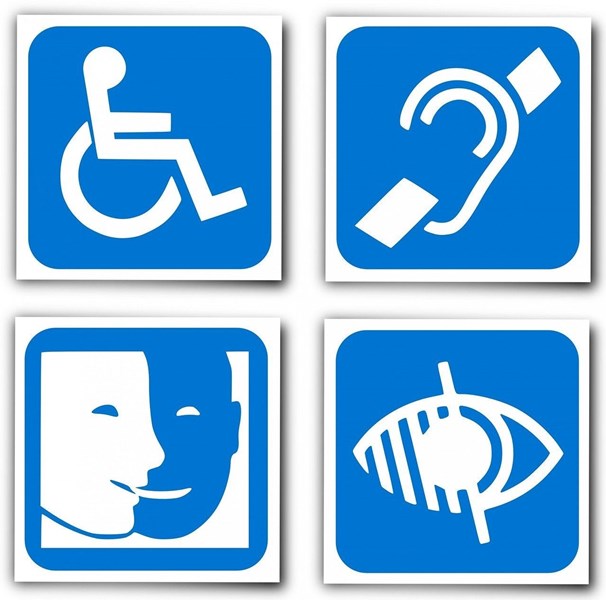By: Darren Spielman, Kain Spielman, P.A.
Anyone who has owned or operated a physical business location for long enough has experienced some aspect of ensuring that the location is accessible. Whether it is handicap parking spaces, entrance ramps or accessible restrooms, Title III of the Americans with Disabilities Act (ADA) has given an important part of the population the protections and rights they need. Despite the passage of the ADA from 1990, there has been a recent major expansion of the application of that law, into the digital realm. Businesses across the country have received demand letters and lawsuits alleging that their websites and mobile apps are not compliant with the ADA. The lawsuits have hit nearly every sector of business, including art galleries, restaurants, retail stores, and online businesses. There was a period of times where many courts only applied the website accessibility concepts to businesses that had physical locations.
Current Status of the Law
There are many courts who have yet to weigh in on this “online only” application of the ADA. Thus far the Supreme Court has not expressly weighed in on the topic of the application of the ADA to websites and apps. Recently, a case from the Ninth Circuit Court of Appeals found that a case against Domino’s Pizza could move forward in a California Federal District Court, noting that the “alleged inaccessibility of Domino’s website and app impedes access to the goods and services of its physical pizza franchises—which are places of public accommodation.” Unlike the traditional physical location accommodations, the Domino’s case linked the Domino’s digital coupon offers to physical Domino’s stores. That case was further appealed to the Supreme Court, but was not accepted as a case they were willing to hear. As a result, the Supreme Court has allowed that ruling to stand, and likely sets the stage for a flood of increased lawsuits and demand letters.
Many courts have determined that the ADA by its existence provides “fair notice” of a business’s obligations to make their websites or mobile applications accessible. You may just receive a lawsuit, without the benefit of getting a cease and desist letter in advance.

What Can You Do and What Should You Do?
There is currently no formal nationwide standard of website compliance. An overwhelming number of the complaints relate to the website or app being capable of used by both the visually and hearing impaired. The visually impaired use screen reading software that reads out the text on the screen. However, a large number of websites and apps are built in a way that cause this type of software to have difficulty. If you have a beautiful website with text that overlays photos or videos, then you definitely need an experienced professional to review the underlying code of your site. If you have video content on your website or app that includes any audio component, then the hearing impaired seek to have options like subtitling.
In order to know what standards should be applied, there has been a general approach that your website or app should meet the guidelines developed by The World Wide Web Consortium (WWWC). The WWWC suggests that you should follow their developed “Web Content Accessibility Guidelines” (WCAG). There are significant numbers of courts who have followed the WCAG 2.0 standard, but there remains a void of information from government regulators or legislatures. The key for your business is to take a proactive approach and work directly with your website and content developers. Ask the direct question to anyone who offers website or content services about whether they have expertise in accessibility. Contact your website or app developer and ask them whether your original build-out was ADA complaint.

There are many free accessibility checking tools online, such as WAVE Web Accessibility Evaluation Tool (https://wave.webaim.org/). If you used a free website service such as WIX, they have some instructions on steps you can take to make your site more compliant, but the default is not compliant. The responsibility remains on you to make things right. Many SEO website specialists have argued that an ADA compliant website helps in search rankings. There are also many low cost or even free plugins for your website as a short-term fix, while you work with your developers on the larger fix to the website code.
Currently, the ADA provides for injunctive relief and attorneys’ fees but not damages. If you get a demand letter, take it seriously and contact an attorney who handles these types of computer law related disputes. Remember, whether you like it or not, you are a target. It doesn’t matter if you are a small shop selling the newest ski equipment or a large operator of white-water rafting excursions. Save yourself the frustration and headache of a lawsuit and invest now in a change that helps your business and expands your potential customer base.
About the Author:
Darren Spielman is a partner at Kain Spielman, P.A. and specializes in intellectual property and computer law matters. He can be reached at dspielman@complexip.com or at 954-768-9002. For more information you can visit www.ComplexIP.com.